
After reading my book, one of my friends correctly pointed out that I never addressed the question of love and how it compares to happiness. I admit it’s a clear oversight on my part, which I will fix in the next book edition. In my defense, I argued that since happiness, by definition, encompasses all positive emotions, it also encompasses love.
Love is just one of these higher-intensity positive emotions. So when we say, “I want happiness” or “I want love,” we are essentially talking about the same thing—though in the case of happiness, we refer to the whole range of positive emotions, including love.
However, as one TED Talk speaker once said, “There is no one universal definition of love,” meaning that academically, we can never definitively say what love is or isn’t. Sometimes, we can only recognize it when we see it. Yet, love remains a universal desire—a peak positive emotion that many people crave, cherish, and aspire toward. Some even say that above everything else in the world, they want love.
People also say that above all, they want to be happy. This raises the question: What do we actually want above everything else? In other words, is there even such a thing as a #1 want in life?
Reflecting on this, Aristotle—and many who followed him—asserted that, above all else, we seek happiness. So while love is a powerful positive emotion it is just one facet of the broader spectrum of positive experiences that happiness encompasses. This difficulty of definition also applies to happiness, which luckily I was able to define simply as:
Happiness is the whole range of positive emotions connected to our state of well-being.
While this definition may seem too brief and lacking, it is also accurate and beautiful—much like how e=mc² is a concise representation of a vast mathematical truth.
For a fuller definition of happiness, you can read my other article What is Happiness? The #1 Best Definition of Happiness or better buy my book Optimal Happiness or attend one of my happiness programs.
So, what is love? I haven’t studied love academically, so I can’t explain it as thoroughly as I can happiness. Others have attempted to do so, such as:
And while I want love in my life—and I believe I know how to find it through traditional means, such as love for a partner, family, friends, pets, God, and neighbors—I’ve also been hurt in the past, so sometimes I shy away from it. Some of my friends joke that I shield myself from love by excessively embracing happiness, which I won’t deny—though only to the extent that no one is perfect, and everyone is a work in progress (which, I’m sure, I’ll keep hearing about, lol).
As such, this hurt, which we derive from love, is the source of many negative emotions: loss, betrayal, the inability to open up, and more. Yet, as countless songs proclaim, “All we need is love,”e.g.,
In summary, love and happiness are intertwined, though happiness is far more encompassing in terms of human experience. And while we should strive for both, happiness just seems more concrete and universal. We can define it, and the path to achieving it is clearer (despite some claiming it’s elusive—not on this website, though). Furthermore, just because we’re in love doesn’t mean we’re happy, our lives are in order, or that dating equals loving (though some find love easier than others).
So, I say: Let’s pursue happiness first. If we can love along the way, even better! This website will teach you the what, why, and how of happiness, and I invite you to explore our offerings further.
Stay happy and loving!






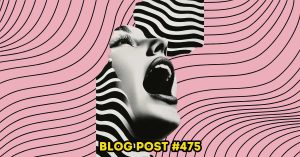

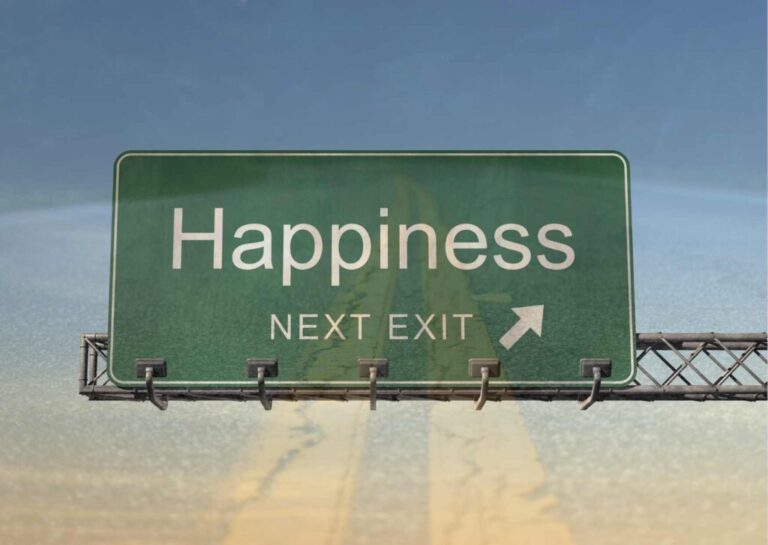


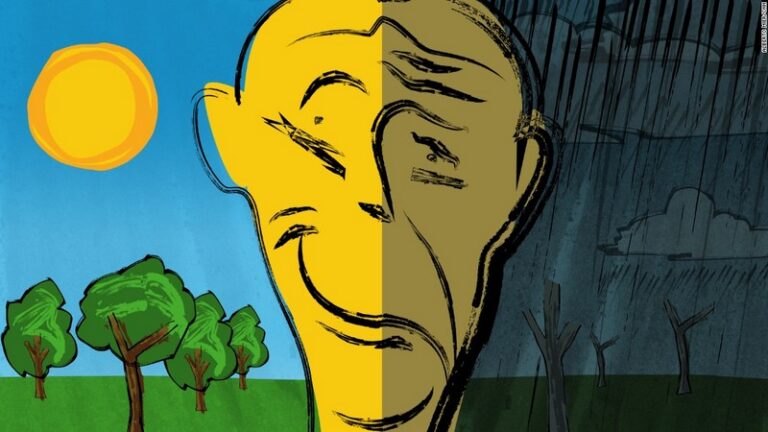
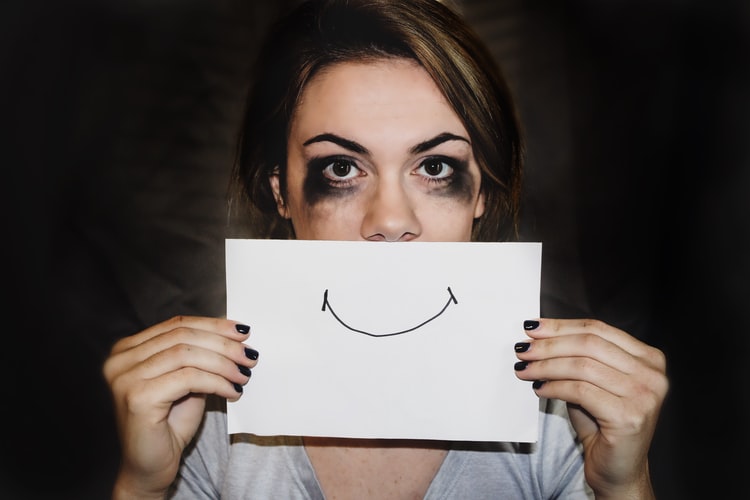

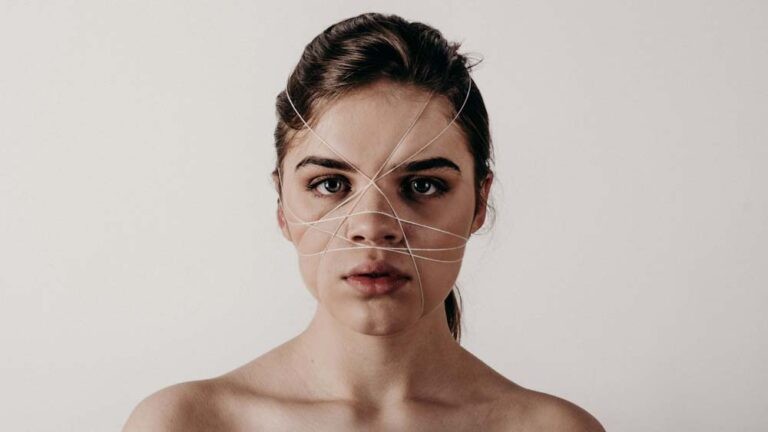
1 thought on “Love vs Happiness: What Do We Really Want?”
great content, grow up.